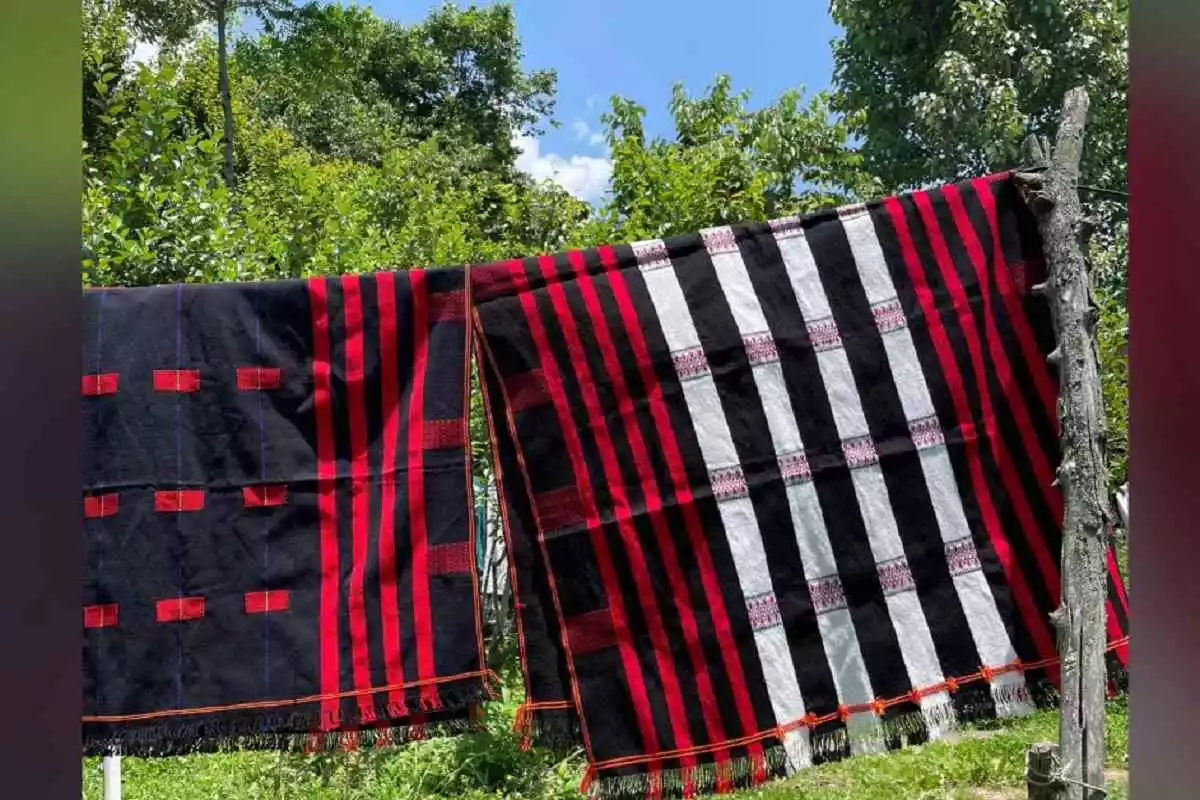
I recently had the privilege of attending the funeral and memorial of a courageous man. Someone whose family I know well, though I never knew much about the man himself. This has been a recurring experience in my just over four decades of existence here on Earth.
Experiencing pangs of regret for not having engaged in conversations with or not having known the one whose funeral I am attending. My most lucid memory is of attending a funeral as a teenager one cold day in Zunheboto town; it was of Ashu Lukhashe Chishi. I recognised his son because he was wealthy, famous and a politician. Little did I know that the real man was the one he called his father. Even being so young, I wondered why I had little knowledge of him when I should have known much.
Just the fact that he coined the word oshikimthi, ‘thank you’ in the Sumi tongue, had been enough to blow me away. I remember being glumly envious of my elder brother, who had interacted with him more by virtue of being friends with his grandson.
Ashu Lukhashe was the one man who had dared to challenge my teenage elder brother as to whether he had the assurance of his salvation as a child of God when his life journey came to an end. And when his politician son had remarked that he would pay him back for the money spent on his upbringing, Ashu Lukhashe had demanded that the payback be done in terms of the breast milk he had consumed from his mother.
I safely presume that it was perhaps in a moment of heated conversation that such an exchange took place. Since then, I have heard numerous tales of dear Ashu Lukhashe from my father, but alas, I never got to interact in the flesh and blood with the personality himself.
Coming back to the funeral in question, what struck me was the narration of his dear wife, Meneleü Chandola nee Kevichusa, Aunty Mene, as we lovingly call her, of how her husband, a pure-bred Brahmin from erstwhile Uttar Pradesh, now Uttarakhand, became a Naga. As part of the memorial audience, I learnt from his son Tarani’s account that as a war and conflict-zone reporter, he was a rare journalist with the gift, talent, and grit to do what journalists were meant to do.
His first visit to Nagaland was in 1955, and he went on to marry Aunty Mene in 1960. In 1964, he was asked to join the Naga peace talks and became a friend of the Nagas. B.K. Nehru, then Governor of the State of Nagaland, complained that Uncle Harish Chandola had become an advisor for the underground and should not be allowed to stay in Nagaland. He was told that he needed an ILP to access his own home. An ILP (Inner Line Permit) is a travel document introduced by the British to protect natives from outside invasion, which became part of the inheritance thrown at us when they hurriedly left the nation and our part of the world. So, any non-Naga, and by default a non-native, was required to report to the administration and could not enter protected areas unless issued a permit.

















